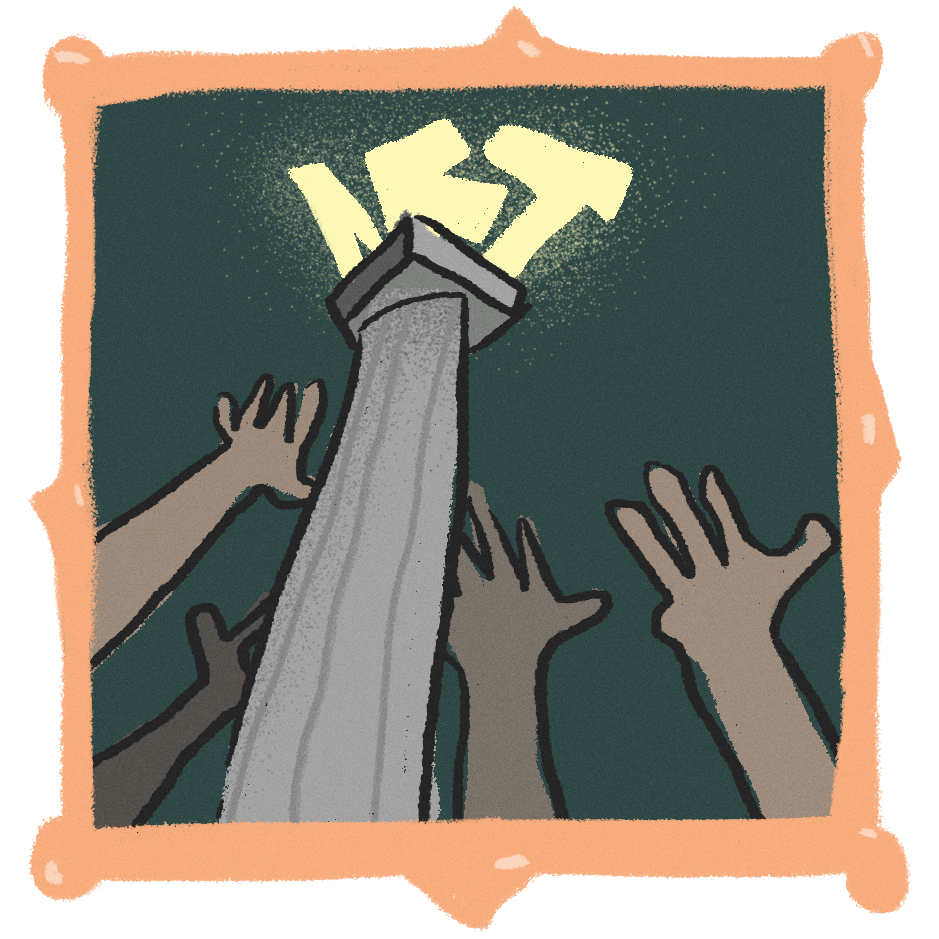Art museums have the potential to be sites of incredible learning, transformation, and joy. Yet, many of these institutions were built on colonialist ideologies, from collecting practices to ongoing exclusionary habits. In the past few months, we’ve seen various cultural institutions share sentiments of allyship in the face of uprisings for Black lives, but many are calling for an end to the performative activism.
While black squares go up on museums’ social media pages, the violence experienced by Black, Indigenous, people of color (BIPOC) inside their walls is deeply unacknowledged, frequently under the guise of “being family.” For many BIPOC, queer & trans museum workers the labor, time and energy put into making museums a sustainable place to work not only for themselves but for their communities is often unseen, silenced and unpaid for.
Remezcla spoke to groups such as Change the Museum and individuals who are uplifting the voices of museum workers through social media to call attention to the pervasive structural and historical normalization of abuse within art museums. They follow in the footsteps of the work and courage of curator Chaédria LaBouvier who has been speaking out for over a year about the abuse she experienced at the Guggenheim Museum, to the silence of many in the field. As the first Black curator at the Guggenheim, her voice opened the path for many others—including the groups included—to break their silence as well.
Change the Museum is a small, intersectional group of art workers and artists who have experienced or witnessed instances of passive and aggressive discrimination. They feel it’s necessary to hold museum administrations publicly accountable as internal discussions and initiatives have yet to yield noticeable results. Many share their stories through anonymous testimonies.
“It can be extremely isolating to be a BIPOC individual interning, working, or even interviewing at a museum,” Change the Museum says. BIPOC museum workers are allegedly, habitually gaslit when speaking out on abusive experiences. This is so common that “eventually they learn to keep silent or start second-guessing their own instincts,” they share.
For the Culture 2020 is another group born from the power of collective voice. The group is made up of current and former employees from NYC-based cultural institutions who decided it was time to demand true allyship and dismantle the white supremacy principles that these organizations were originally founded on.
“The blatant hypocrisy of leadership from these institutions of claiming ‘Black lives matter’ but oppressing and silencing their BIPOC employees made it impossible to not call them out on it,” For the Culture 2020 tells us. Their strategy is to focus on a specific, different institution each week and share stories from former/current employees and put out a call to action. Recently, their focus has fallen on the Brooklyn Museum, and the response from their followers has been potent.

Nikiesha Hamilton, who was born and raised in Crown Heights—where the Brooklyn Museum is located—was the head of government, community relations and museum-wide administration there up until two weeks ago.
“I had to follow HR advice to keep my own records and endure the violence from the institution that I grew up with,” she tells Remezcla. She allegedly started reporting her grievances to HR weekly since April 2019 and yet, there are no records.
In February, during a check-in with her supervisor, Hamilton says she told Brooklyn Museum President and Chief Operating Officer David Berliner that the programming they were currently offering did not reflect nor connect with all of Brooklyn’s population.
“He told me that he did not want to ghettoize the Brooklyn Museum and that Anne Pasternak [Brooklyn Museum Director] agreed that they want to make it a global institution instead of a small community museum,” Hamilton says, realizing this is just one of many instances that made her realize she needed to leave. “How can you be for the community when you are abusive toward BIPOC staff from the community within your own institution?”
On June 29, the Brooklyn Museum laid off 29 staff members, most of which are BIPOC, one employee told Remezcla. In the face of this, current and former employees created the Brooklyn Museum Mutual Aid Fund which raised over $60K in the past month—money which has already been distributed to over 100 employees affected.
The team behind the fund shared that layoffs and furloughs went into effect immediately, so employees needed support before they were able to access unemployment benefits. The fund is inclusive of all, ranging from teen staff, interns, to the newly retired. “People still need support covering rent, backed up bills, paying tuition, food, and funerary costs,” they shared.

While the Mutual Aid Fund is in need of more donations to redistribute funds, one Brooklyn Museum employee told Remezcla that there have recently been senior-level hires, raises and promotions. For the Culture 2020 says that they will continue to apply pressure on the Brooklyn Museum’s leadership as they have chosen to not respond to their open letter.
In talking to Change the Museum, For the Culture 2020 and Hamilton, the same sentiment rings true—silence is no longer an option.
“Speak out and tell your story, to us or someone else you trust,” Change the Museum says. Meanwhile, For the Culture 2020’s open letter, still accepting signatures, demands the “dismantling of the systemic oppression that institutions readily participate in while demanding the back-breaking work product of Black [and] Brown employees.”
For many like Hamilton, reforming the institution is no longer what she’s searching for. Instead, she’s started her own organization, Afeni Creative Studios which launches next week, to focus on community cultural development for BIPOC and provide a platform for communities and institutions to recognize and appreciate Black culture as a luxury.
“The longevity of Black creativity in the African Diaspora is harmed in the face of white supremacy, which tries to appropriate and erase our context,” she tells Remezcla. “Let’s support our own arts and culture community so that we can be here for 200+ years too. We do not need white people defining our worth anymore.”
Update, August 14 at 3:07 p.m. ET: We have updated the piece to include the work of Chaédria LaBouvier.







